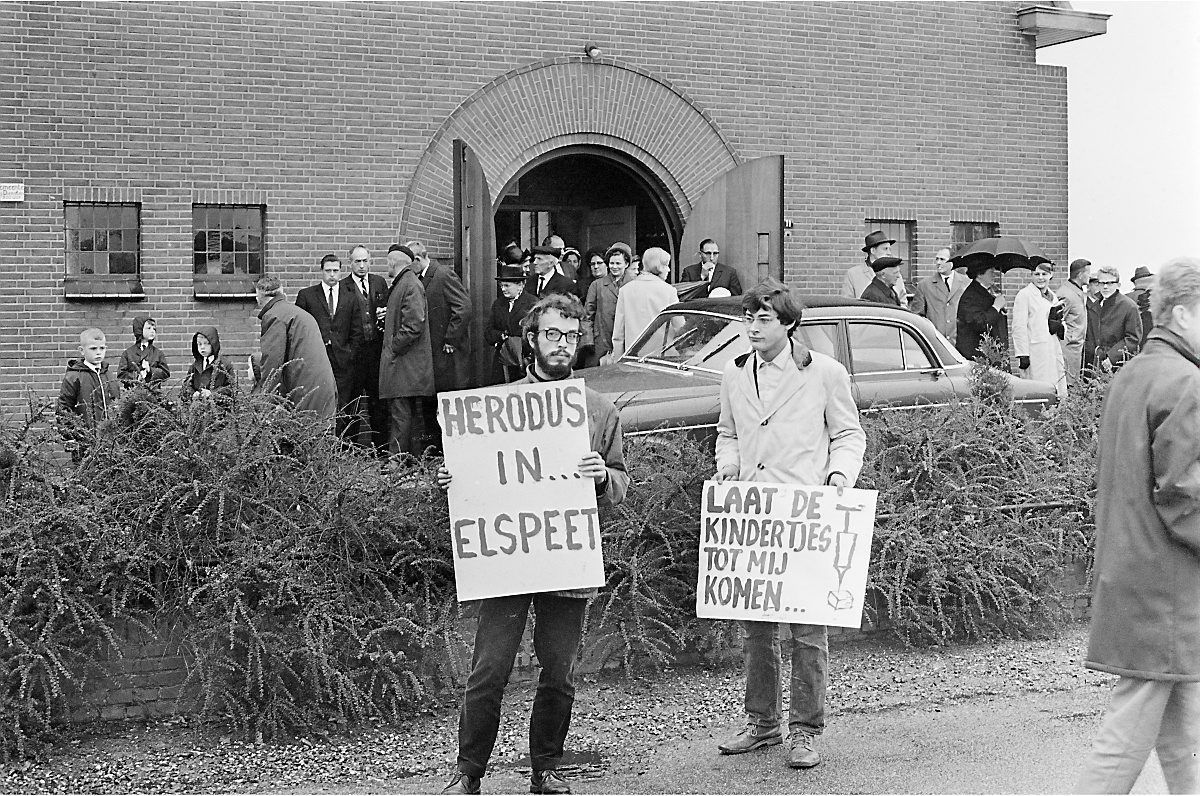Dutch Calvinists hesitate to take corona vaccine
More than half (53 per cent) of the readers of the Dutch daily Reformatorisch Dagblad say they don't want a vaccine against the coronavirus. This was the result of a survey conducted in April among 4,000 subscribers of the newspaper and RD.nl.

One in three RD readers is planning to be vaccinated or already immune to Covid-19; 13 per cent of the group is still doubting.
The study is relevant since objections to vaccination for infection illnesses were a driving force to the birth of the daily Reformatorisch Dagblad 50 years ago. Within the pietistic Reformed circles in which the newspaper is read, there have always been objections against immunisation.
The leading idea among the pietists was that vaccination is not an instrument of God's providence (as other Calvinists would argue) but a form of resistance against God's guidance. The background of this lies in the Heidelberg Catechism, which says (in Lord's day 10) that both "health and sickness" come from "God's fatherly hand".
During several outbreaks of polio, the pietists were very badly portrayed in the national press. Protesters came to churches in the Bible belt to protest against this theological teaching. There is a well-known photo of protesters in front of the church carrying a banner with the slogan: "Herodus in Elspeet", referring to King Herodes, the child-murderer from the New Testament.

The present study is a repetition of a survey conducted in September 2020. The opposition has remained stable during the past months. But the number of doubters has decreased from 28 to 13 per cent. The group that is immune to the coronavirus already has risen from 18 to 34 per cent.
Seen from the history of the resistance against vaccination, it is remarkable in this study that older people are more willing to get the injection than younger respondents. In the age group 25-34, 64 per cent says no to the vaccine, against 30 per cent in the age group 75-84. The scientific specialist on pietistic hesitations against vaccinations, Dr Helma Ruijs, finds this "a hopeful outcome".
Not only age but also education has a role. The higher the education, the higher the percentage of 'yes' voters. Around 25 per cent of people educated at the secondary level opt for a corona vaccine, compared to 52 per cent of those educated at university.
Guinea pig
For more than half of the people who don't want the Corona vaccination, the understanding of God's providence is leading. They say their conscience cannot handle the immunisation as a right instrument against the illness. Among the naysayers, the older people are higher represented than the younger.
Others say they don't want to be a guinea pig for a quickly developed vaccine or just don't trust vaccines at all. For a few respondents, the possibility that aborted foetuses have played a role in the production is also a factor.
An earlier article in the Reformatorisch Dagblad shows that it is clear that Evangelical and Reformed leaders are usually positive about vaccination, but that church members have many more objections. These objections, however, are not rooted in the teaching about the providence of God, but with the possible use of aborted foetuses or general mistrust in the handling of the corona pandemic.